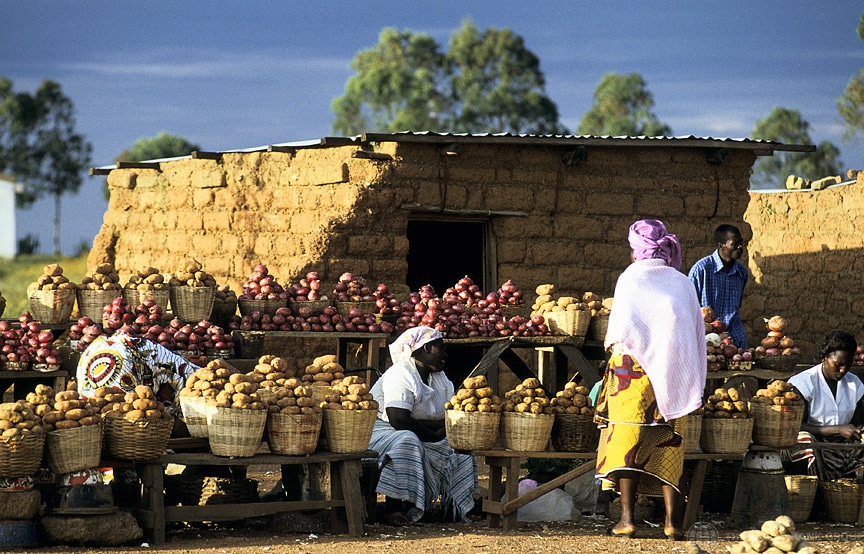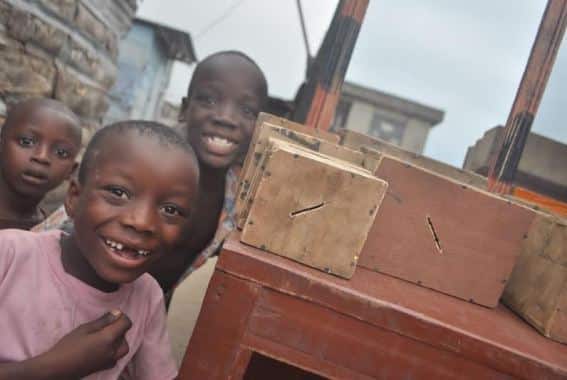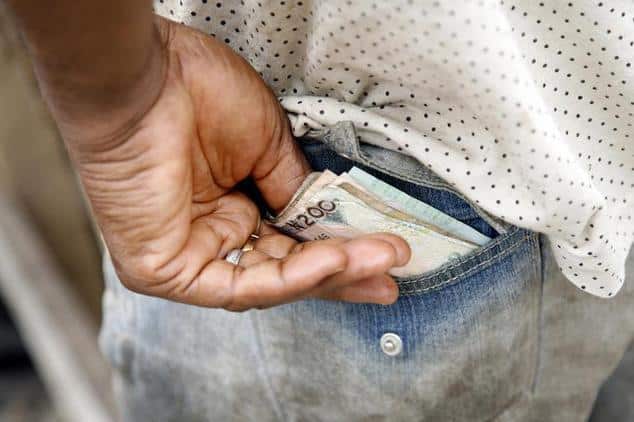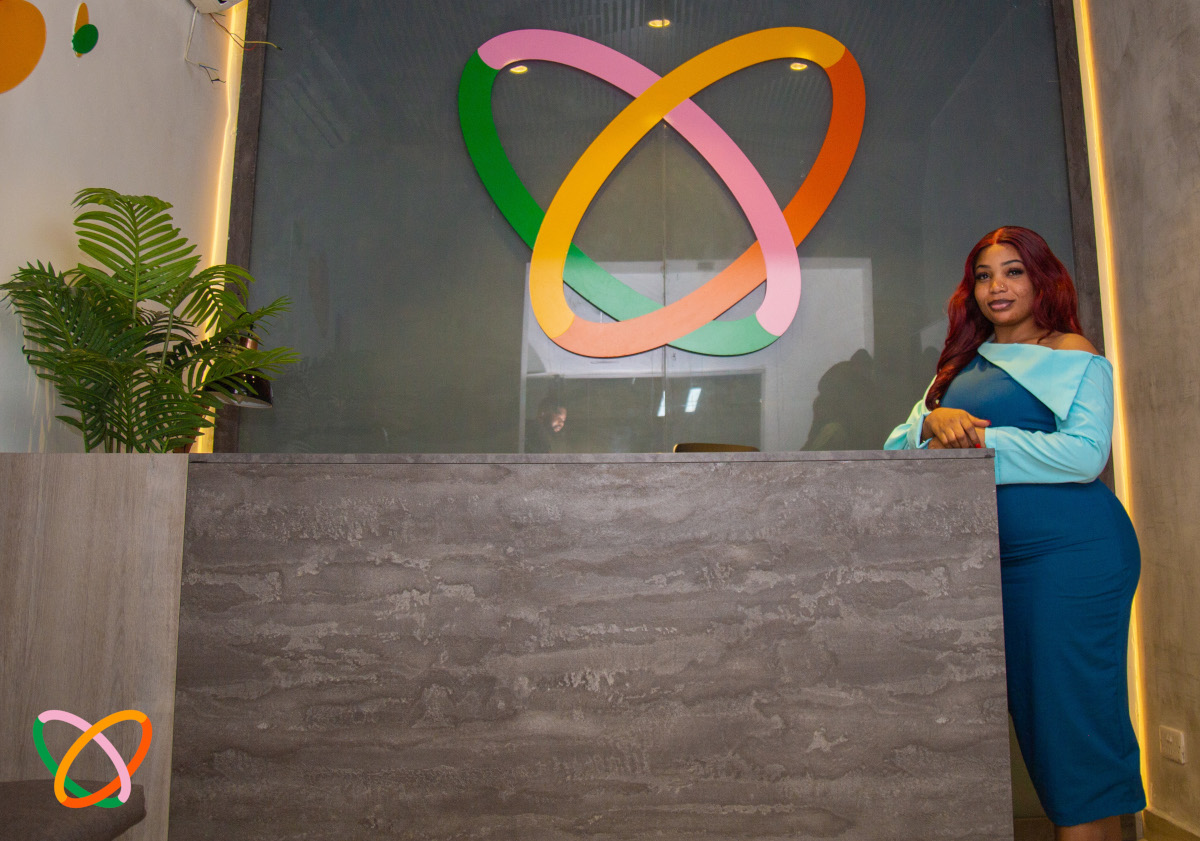If you can find someone with a problem that needs solving and you can solve it manually, go ahead and do that for as long as you can, and then gradually automate the bottlenecks. It would be a little frightening to be solving users’ problems in a way that wasn’t yet automatic, but less frightening than the far more common case of having something automatic that doesn’t yet solve anyone’s problems.
Whenever I think of or hear about financial inclusion and the vast array of fintech companies in Nigeria that are working towards making this a reality, the statement up there, from Paul Graham, comes to mind.
The same way Cash-on-delivery (CoD) was paraded as a solution to trust within the eCommerce system, this financial inclusion is being paraded today as a solution but it is worlds apart from the said problem. Both CoD and financial inclusion are functionalities, features, and not solutions.
Financial inclusion is being evangelised today as a solution at scale for problems such as poverty, security and development for the people living in rural part of Africa. It’s been called of late “one of the most important factors in ending global poverty” . Credit facility, savings, insurance and payments with mobile money have been mentioned as the benefits of financial inclusion that will help the poor in some form or the other.
Yes, also the World Bank, World Economic Forum and many other international institutions are behind this big idea. So we are committed to it in Africa, right?
The real questions we should be asking

The crusade to get the unbanked banked is on. And the new fintech companies are the flag bearers alongside the current traditional banks, as ordained by various high priests in form of international institutions. However, the real question to me is not why are the unbanked not using the banks? It is, why should they use the bank?
This question should then be answered not by banking professionals, but the current users of the banks.
It is no secret that the essence of banks in a society is a universe away from the actual experience that the current customers are experiencing with the banks in Nigeria.
Therefore, the essence of banks (i.e benefit of a good banking system) should be looked upon separately from the actual experience to determine whether or not this crusade is a worthwhile one. One is theoretical while the other is empirical.
Answer this question sincerely. Apart from banks holding your money with them for security reasons, does the cost and benefit of using banks in Lagos “make sense”?
My uncle came from Kano to the UK as usual for his summer holiday. This time around we were ordering books for him. His list included books such as “The Great Economics: How Their Ideas Can Help Us Today” and “The Cold War: A World History”. This exemplifies that this man is well-read, educated, exposed and well-travelled.
During our discussion, he told me that he still puts his money under his mattress; and he has decided not to use banks anymore
I queried him further to get to the root of this decision. To sum up is reasoning, he said, “the banks get from me 100% , while I get less to nothing in return from them”.
This one is not a case of financial inclusion. This is the case of financial system abstinence or boycott.
Ask yourself, if you have any other efficient ways of securing and spending your cash, would you use the bank?
If all my total income is ₦20,000 ($55), do you think I will be ready to part with exorbitant transactions fees, ATM queues and many others charges and bad customer experiences I will have to encounter, whenever I decide to access my money?
Banks today work abnormally well for the rich to keep their money, with all the privileges that come with it. They are the ones that can access all that is included in the essence of banking the traditional way.
I see the reasons why some have called this crusade an ideological move rather than a real solution. Which begs the questions:
- Are we trying to force, lure or influence the “poor to uncritically accept the tools the rich have used to acquire their great wealth and become powerful”?
- Is this the second coming of microfinance advocates — “new popular goal that will help to keep the bloated and largely discredited microfinance industry alive”?
Banks work on trust. I keep my money with you on trust that I will access it when I need it. Trust is the main foundation on which a relationship is built upon. This trust is not there right now for the current banking system customers. So what are we trying to scale?
It seems that we are trying to scale from nothingness? My believe is that habit, culture and ways of life offline determine to a large extent how we are online.
One should not endeavour to build habit or way of life, only try to scale it. This means solve problems first or see a problem that is already solved manually then think of scaling it second.
I am not in any way advocating for financial exclusion. What I am finding hard to grasp is this ideology that financial inclusion is a solution to problems such as poverty.
How banking is a prime solution to a poor and elderly person problems in a rural area, is what I don’t understand.
A note to Nigerian fintech startup founders

Dear founder of that new fintech startup,
“I beg”, please, don’t start from the premise of financial inclusion and take on the surface of it all the promised benefits to formulate your product-market fit.
Commerce — buying and selling — is based on trust. More so, is the instrument that is used as a means of transaction — money.
Please, will you start from the problem to solution and build trust from ground up or find an offline solution to scale online?
I trust that for the fact that I am keeping my money with you, you should be able to trust me back with our collective money when I need it. You should know enough about me through my transactions, spending behaviour, income and others to determine how much to lend me and why you should or should not lend me money.
You don’t need my grandma in the system to make that work or to show that level of trust. These have less or nothing to do with poverty. Do not let the politicians and failed developmental agencies hijack this terms for ideology reason.
We read not so long ago that SystemSpecs (Remita) Limited recently called on the Central Bank of Nigeria (CBN) to establish a special fund to deepen its financial inclusion goals. To what end?
Come to think of it, there was no need for a crusade to get my grandma to use a mobile phone during the emergence of mobile telecommunication in Nigeria. She willingly demanded for it. If banks work well for ordinary folks in urban areas, they will be demanded by everyone in the rural area. If it is a solution to a problem that they are also currently facing.
Don’t inadvertently become a crusader for the old banking system being paraded today as a modern system. That is not your work.
There are so many problems within and around our banks and financial system today. I thought you were here to fix them.
About the Author
 Yusuf Hassan: ex-Founder|Product Designer| Energy Trade Risk Management Software. Currently: Lead User Experience @ Inatech — A Glencore Plc company. Connect with him and say hi on yusuf@tutlub.com.
Yusuf Hassan: ex-Founder|Product Designer| Energy Trade Risk Management Software. Currently: Lead User Experience @ Inatech — A Glencore Plc company. Connect with him and say hi on yusuf@tutlub.com.











